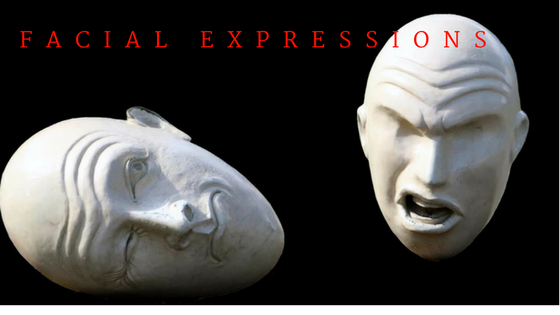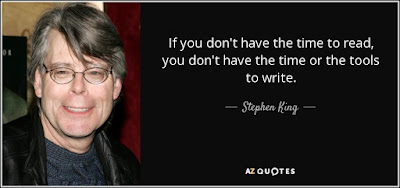
I won't lie, this can be a struggle sometimes. Editors and Literary agents belabour the point of "showing not telling," and I think a big part of that involves being able to describe the character's emotion in the moment. The first time I heard this, I was like ... huh? Not only do I have to write a story, now I have to worry about facial expressions too?
However, if you really think about it, when we speak in real life, we hardly ever keep a straight face. In fact, our facial expressions often depict our mood or whatever sentiment we are trying to convey. As such our characters should do the same. I mean aside from the obvious I think this really helps to bring them alive.












